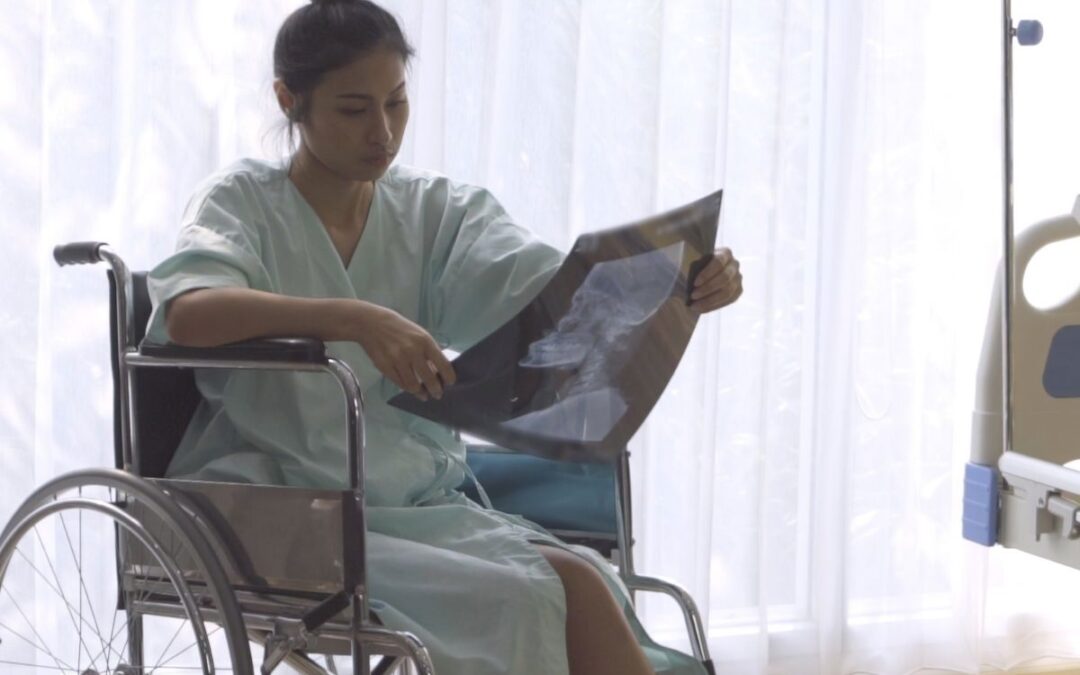Many people think that a traumatic brain injury (TBI) always involves loss of consciousness. If you have been in a car accident or a slip and fall accident in Kansas or Missouri, you might be feeling like you are not okay. Perhaps you are getting persistent headaches, feeling confused, or are not just your usual self. But because you never lost consciousness, is it really possible that you might have suffered a serious injury like a traumatic brain injury? Evidence has shown that people can sustain TBIs without losing consciousness.
The idea that you cannot sustain a TBI if you did not black out is one of the most dangerous myths about these serious injuries. As personal injury attorneys, we have seen the terrible effects of this myth far more often than we would like. Do not fall for this myth, as it can result in you postponing seeking medical and legal help, which can worsen your condition and jeopardize your compensation claim.
Understanding Traumatic Brain Injuries
Traumatic brain injuries (TBIS) occur when the head or body suffers a sudden jolt, blow, or impact. They can also occur after something penetrates the brain and disrupts normal functioning. According to the Mayo Clinic, TBIs are most common in slip-and-fall accidents and car accidents.
Traumatic brain injuries do not always cause loss of consciousness because the way this injury affects brain function varies from person to person. Some impacts affect the brain on a microscopic level without leading to the loss of consciousness. After a car accident or slip and fall accident, the force of the accident can lead to the brain slamming against the inside of the skull, resulting in contusions, bleeding, and other symptoms, all without blacking out.
TBIs Are Invisible Injuries
Often, traumatic brain injuries are referred to as “invisible injuries.” This means that the symptoms of a TBI aren’t always visible on the outside. However, this does not make the symptoms of a TBI any less real.
If you were in a car accident or slip and fall accident and did not lose consciousness, here are some symptoms to watch out for that might indicate a traumatic brain injury;
- Persistent headache
- Dizziness
- Blurred vision
- Nausea
- Speech problems
- Difficulty concentrating
- Memory problems
- Irritability
- Anxiety
Experts have clarified time and time again that loss of consciousness is not a requirement for a TBI diagnosis. A concussion, for example, which is a type of TBI, can occur without any period of unconsciousness.
Why You Should Not Ignore Your Symptoms
If you are experiencing any symptoms that could indicate a TBI, it is crucial that you do not ignore them simply because you did not lose consciousness. Seek prompt medical attention and get a diagnosis. Ignoring symptoms can put your health at risk. Additionally, it can adversely impact your right to compensation. Delaying medical attention can lead to a weakened personal injury claim, as insurance adjusters might argue your injuries are less severe or from a different incident. Such arguments can reduce your compensation or even result in a denial of your claim.
Contact Us for Legal Help
If you were in an auto accident or slip and fall accident in Kansas or Missouri and are experiencing symptoms that could indicate a traumatic brain injury, even if you did not lose consciousness, your health and legal rights are at stake. Seek prompt medical attention and then contact our experienced brain injury counsel at Griggs Injury Law for help understanding your legal rights and options.


